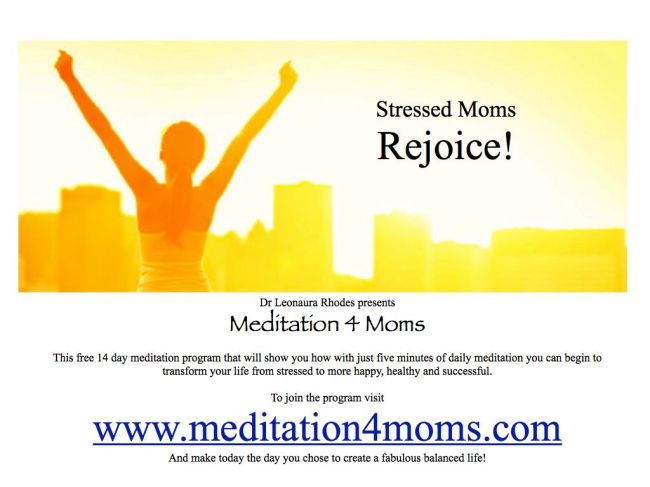Three years ago this week, I had major hip surgery. After 6 months of agonizing, intermittent “being stabbed through the hip with a sword” type pain, I decided I should opt for the surgery. I was warned that the recovery from the surgery to repair my torn cartilage, was worse than recovery from a total hip replacement but I was unable to function, so I felt I had no option.
The brutal, yet ingenious surgery involved dislocating my hip, then arthroscopically sewing the cartilage back on, with blue nylon, I have the pics! I was home the same day, but bed-bound for 2 weeks. My lovely brother, Richard, came over from the UK to look after me, as being bed-bound for 2 weeks is not conducive to being mom, of two kids! After two weeks of strong, sleep inducing pain killers and lots of TV catch up (every single episode of Desperate Housewives and Nip Tuck, forgive me I was ill), I was up and about. When I say up and about, I mean on crutches: no weight bearing on the hip for 6 weeks!
I had been until this time very fortunate to be physically healthy. Having worked with many thousands of sick and disabled people as a physician, I knew that being sick or disabled was no “walk in the park” (forgive the pun)! It was the reaction of other people that interested me the most. The majority of people were kind, generous and lovely but the reaction of those that were not will always stick with me. I remember “cralking” (my word for walking with crutches) towards a door in a store and the horrified look of one lady, that if she didn’t break the land speed record, she might have to hold the door open for me. Several people literally, stopped and stared at me “cralk” past them, there’s me thinking “thanks for that, it really helps my rhythm, when I have an audience”. Other people were overly patronizing, they would change to their “if I talk slowly and in a high pitched voice, she’ll understand me” voice. It struck me how remarkable it was, how quickly people label others and make assumptions when they see a person with a physical disability. And every time I experienced a negative reaction, I would think “I’m just the same person as I was before the operation”.
Living with this temporary disability taught me several things:
- when you are healthy and functioning normally, you take health for granted,
- any acute (sudden or severe) illness affects your ability to do even the simplest task,
- having a disability can make you more resourceful and resilient (I found clever ways to do tasks with crutches),
- when you are sick, you crave being well,
- don’t go on a bus tour of Boston or open a business, two weeks after surgery!
The things my temporary disability reinforced for me, that I already knew:
- people with disabilities are normal people, who just happen to have a disability or illness. They are not autistic, Down’s, a cancer patient or disabled, they are a boy with autism, a girl with Down’s Syndrome, a man fighting cancer or a woman who happens to need a wheelchair, to get around.
- when we label people or people label themselves with a disability or illness, it can be very disempowering. We instantly begin to make assumptions of things they can and can’t do. It is often not the disability or illness that limits a person but their own beliefs about what they can accomplish and society’s beliefs, attitudes and behaviors towards them.
- people with disabilities deserve our compassion, our understanding and our support.
- health is our most precious asset, without good physical and emotional health it is hard to live a happy, successful life.
- however, people with chronic disability and illness, can adapt and become extremely resilient and resourceful, many have a very positive outlook on life and they can be successful and lead fabulous lives. If you need any evidence of this look up Nick Voichick, the Australian motivational speaker, born with no arms or legs.
- having a positive psychology has help people thrive, no matter their circumstances.
- there are some amazing compassionate, caring people in the world.
For more information on Health, Happiness and Success visit…
http://www.drleonaurarhodes.com
http://www.positivehealthandwellbeing.com


